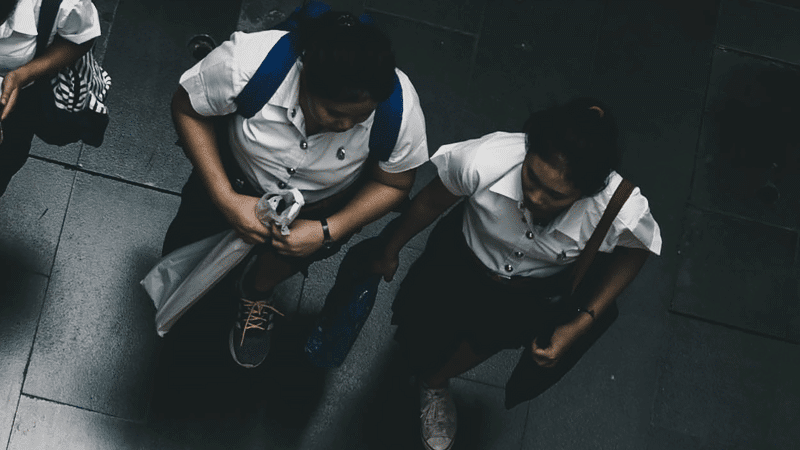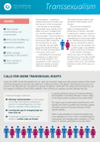Parents must be involved in the care of teenagers who question their own gender, GPs have said, as they called for more research on the effects of puberty-blocking drugs.
The Royal College of General Practitioners (RCGP) also said GPs must not be “pressured” into prescribing drugs “where they feel it is unsafe”.
An anonymous family doctor said the organisation should be praised for giving “institutional ballast” to cautious medics.
‘Wait and see’
In a new document, the RCGP calls for “independent research into the effects of various forms of interventions (including ‘wait and see’ policies) for gender dysphoria”.
It says the research is necessary to ensure “there is a robust evidence base which GPs and other healthcare professionals can rely upon when advising patients and their families”.
“Urgent investment in research on the impacts of treatments for children and young people is needed”, it adds.
The RCGP also calls for NHS systems to “record codes for biological sex as well as gender identity” to help ensure accuracy in medical tests.
Little evidence
As part of its wider position statement, the organisation cautions against GPs being strong-armed into prescribing drugs.
It challenges General Medical Council guidance that permits family doctors to issue ‘bridging prescriptions’, saying the advice needs reviewing.
And for under 16-year-olds who are “experiencing gender dysphoria or are in the process of transitioning to another gender”, the RCGP said parental involvement is “crucial”.
It also noted the numerous challenges for GPs on the issue, including a “lack of a robust evidence base for interventions”.
Pressurise
An unnamed GP told the Daily Mail that family doctors want all patients to receive high-quality care, but “solid evidence” was needed on the best way to help.
“Youngsters can pressure us to provide puberty blockers when they have little idea of the long-term implications.
“But then most of their information appears to come from social media, which perpetuates the notion that these medicines are safe.”
“The RCGP has given medics who urge restraint institutional ballast. It should be applauded”, the doctor concluded.


